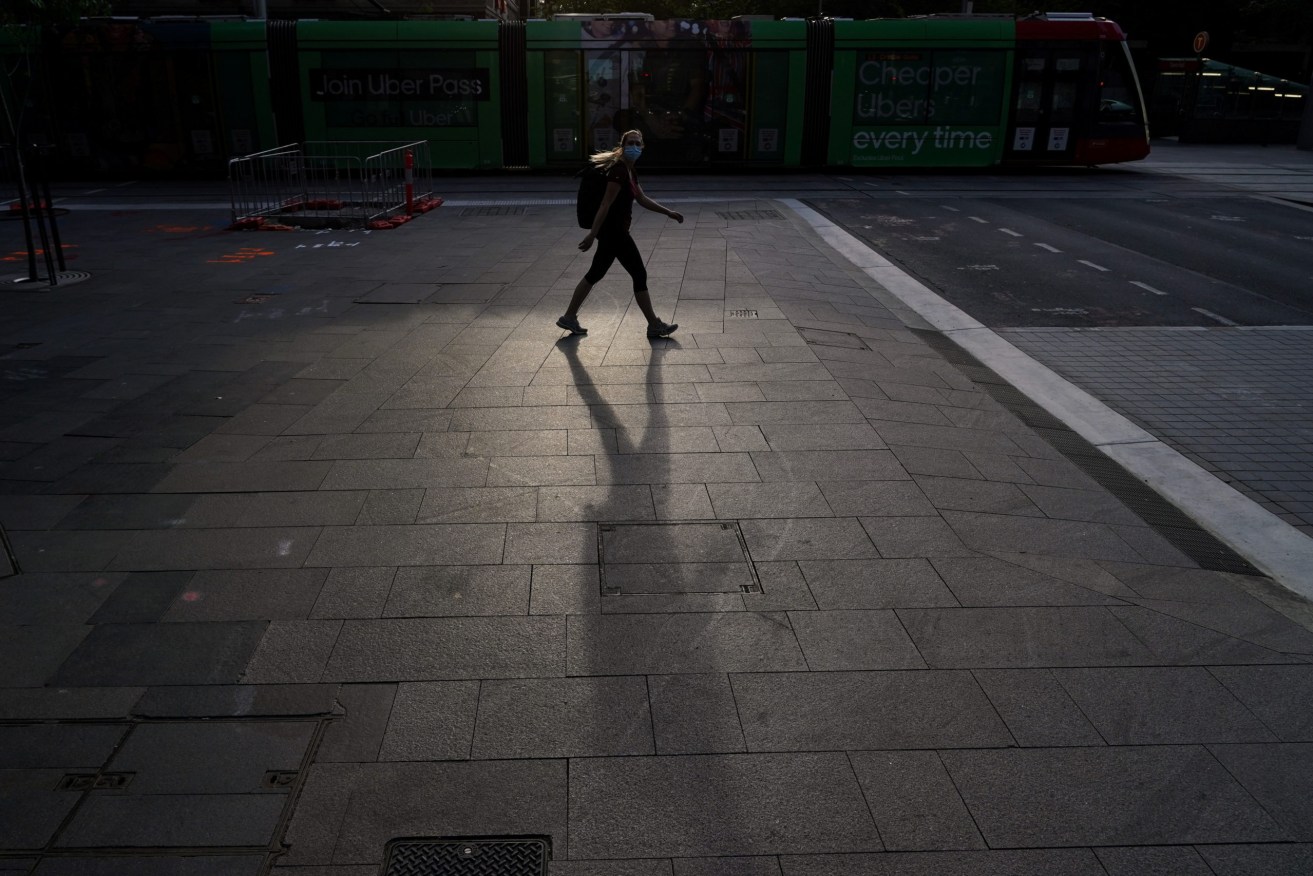Mental health a hidden pandemic casualty
The psychological impact of COVID-19 on many individuals can’t yet be measured but will be felt for years to come, writes Geoff Harris.

Photo: Loren Elliott/Reuters
Some restrictions may have gone, but the mental health impacts haven’t.
Throughout this next wave of the pandemic we have heard very little about mental health, yet from what we know, this phase could have the strongest impact yet.
In the past we have had government directions, restrictions and guidelines for us to refer back to and live with whenever we were unsure what to do next. This time around, the ‘go it alone’ strategy means we are self isolating, ostracising ourselves from people and places we are determining are unsafe. We are keeping ourselves away from social outings, community events and even family in fear of either picking up the virus or spreading it.
After spending so much time doing everything you can to stay well, you are now either getting the virus, knowing someone who has it or getting anxious about when it will be your turn.
The mental health impacts of all this are unrelenting and they will not go away anytime soon. This is unlike other crisis we have lived through. As a community when we experience a natural disaster like flooding or bushfires we have a collective trauma from a one-off event. After this we then come together as a community and heal. The trauma is still there but we have no unified experience and opportunity to heal together.
Living through COVID has been a unique experience in that the mental health toll is unrelenting and there are days when there is no escaping. News is full of case numbers and people being hospitalised and then it is broken down to who is in ICU and on life support. We then have the death toll; just numbers with no faces.
If it was a car accident or tsunami, there would be faces, ages, families and loved ones we can grieve with. Through this we are being desensitised and left with faceless victims.
Now, with self-imposed isolation, we are closing ourselves off from loved ones and communities. It’s safer this way.
We already know that South Australians who have been hit hard with job loss or reduced shifts, insecure housing and strained relationships during phases of lockdowns are struggling with their mental health. But what do we know about our mental health during an outbreak when you are not locked down but too anxious to leave your home?
Living through COVID has been a unique experience in that the mental health toll is unrelenting and there are days when there is no escaping.
The pandemic has brought to the surface a mental health crisis that was bubbling away well before 2020. What it has done is highlight the fragility of the mental health system, particularly when our challenges come from life events that impact on our wellbeing.
Some of us will prevail and come out the other side with the resilience we need to rebuild our lives. However we need to acknowledge that some of us won’t. For some, the mental health impacts will be long term.
Right now we are hearing doctors and epidemiologists call for long-COVID clinics to help, post the illness. But what of the increased investment in long term mental health services?
This year South Australians are faced with two elections – State and Federal. Let us not lose this opportunity to ask our local candidates and political leaders for a long term vision; one that sees not only our economy rebuild, but one that helps us post-pandemic with both our health and mental health.
Geoff Harris is executive director, Mental Health Coalition of SA




